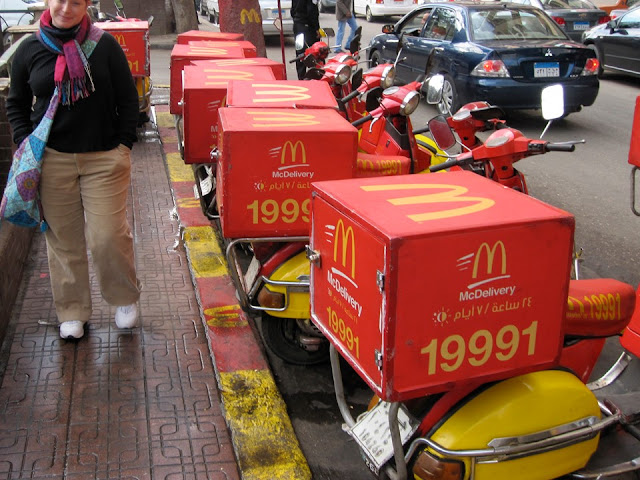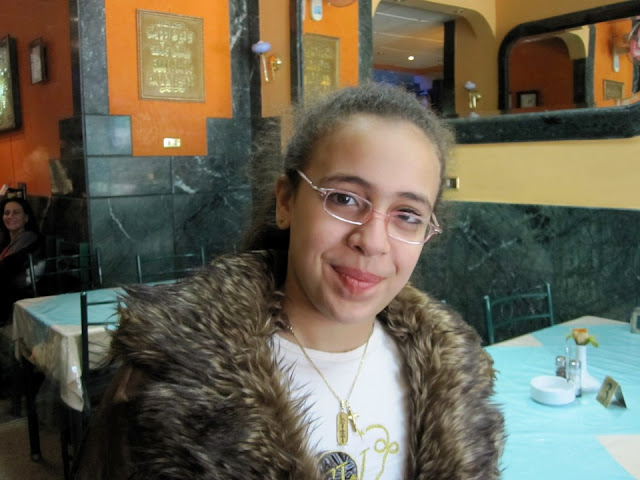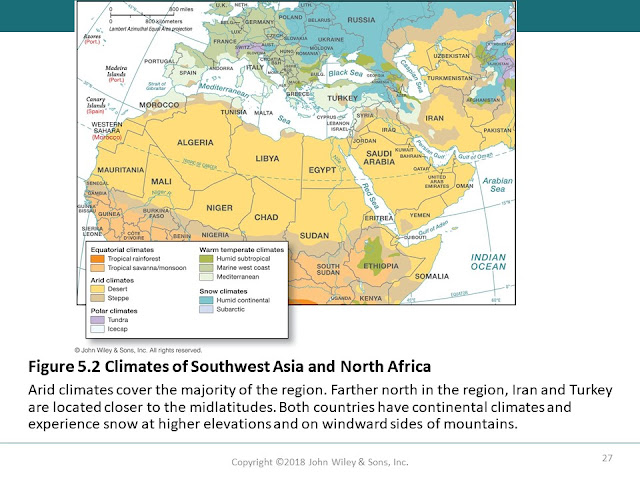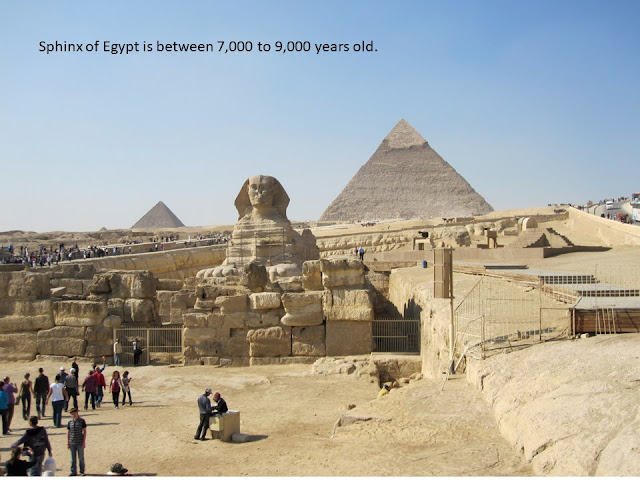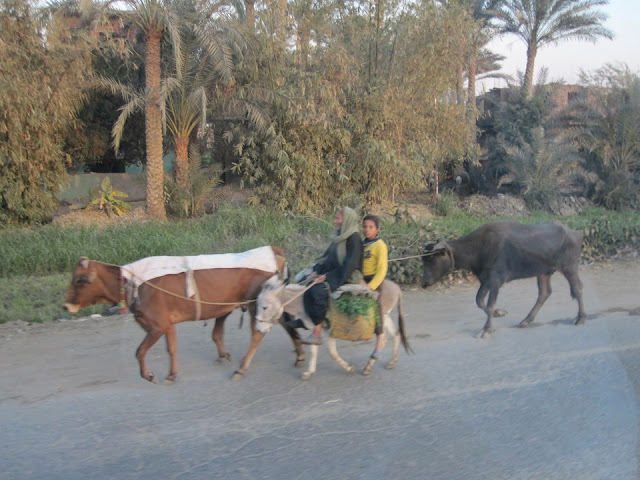When you are a tourist, you will often have certain expectations as to what you are going to encounter. In fact, often the places you visit might even feel pressure to "perform" their culture as tourists search for what they define as an authentic cultural experience. When I got off the plane in Cairo, the first place we encountered any locals was at the gas station. There were these people who seemed to be in traditional sorts of clothes carrying adorable baby goats and we all took many photos.
In the city itself, people were dressed in more of a common international style with blue jeans, sunglasses and fast food in their hands. In this way, major cities around the world have come to resemble one another more than local rural places that are geographically closer.
Traffic in the central city was a nightmare as ancient cities are not built for automobiles so if they were to expand their roads they would have to destroy many historical buildings. There have been places that have done this, Paris for example destroyed lots of buildings to make way for it's grand boulevards but it was also under a monarchy who wanted the space to move troops around and did not have to answer to the public for the destroyed history.
There was also the odd situation of it being Christmas. Well, not the same date as ours here in the U.S. as they use a different calendar but it was still over my holiday break and the Christmas themed decorations were always interesting. I believe these were mostly for tourists, although there is a Christian minority in the country of around 13%. The Santa Claus in the below picture with the saxophone was animatronic and in all of the airports. When you went by it would dance and play it, I am perplexed as to how or why that became something of a tradition there.
I was out to eat one day, pigeon stuffed with rice and lentils which is a common dish, my tour guide told my group that we should say hi to a local family who was passing by because they were Christians. Not everyone in my group was a Christian, but he seemed to assume we all were because we were all Americans. We figured, why not say hi?
It was a man and his two daughters. Notice the necklace on the daughter with glasses. They are to communicate a dual identity as both an Egyptian, and also a Christian. Many in Egypt have duel identities of local race, of clan, or religion, all sorts of identities.
Some countries have people who struggle with their diversity, with some in that nation claiming some are more or less patriotic, or below more or less depending on these other identities. One thing about Egypt is it's ancient history and artwork shows that in fact Egypt has always had a diversity of people and that diverse background does not make anyone more or less Egyptian.
As you can see, there was a military presence on the streets, also the president at the time Mubarak like to name many things after himself as well as put his photos all over the roads as you can also see below. During the revolution when Mubarak came to power, similar to many countries in the region, they were fighting colonialism and European countries taking their resources and controlling their people. You can go to the museums of many European nations and still see the many treasures taken from just Egypt alone. When those countries declared independence, often the leader at the time said they would establish democracy once things settled down. And then they just never did that. The populations of these countries often wanted a democratic norm but they resigned themselves to waiting until those revolutionary leaders eventually would retire. Many in Egypt that I talked to were becoming alarmed that Mubarak seemed to be arranging for his son to take over for him which would in effect be a sort of kingdom which is exactly the kind of thing they sought their freedom for when they had their revolution from their colonial powers.
Some of the other reasons the Arab Spring happened was in many countries the locals felt persecuted by their governments. Persecuted in many of the obvious ways, being arrested for protesting or activism but many were also arrested for basically not paying bribes. If you look at the pictures above and below you see two of the many police checkpoints. When the police pull you over, sometimes there are established fees you need to pay but other times the police will just size you up and pocket the money among themselves. Look at the guy in the truck above, he might be in business and have a certain profit margin on the goods he is transporting and perhaps you can tell by the look on his face that he is unsure if he wont have to pay anything, a small amount, or even more than he has and his goods might be confiscated and he might be placed in jail until his family can pay his bail. This is the kind of absolute power the authorities had.












